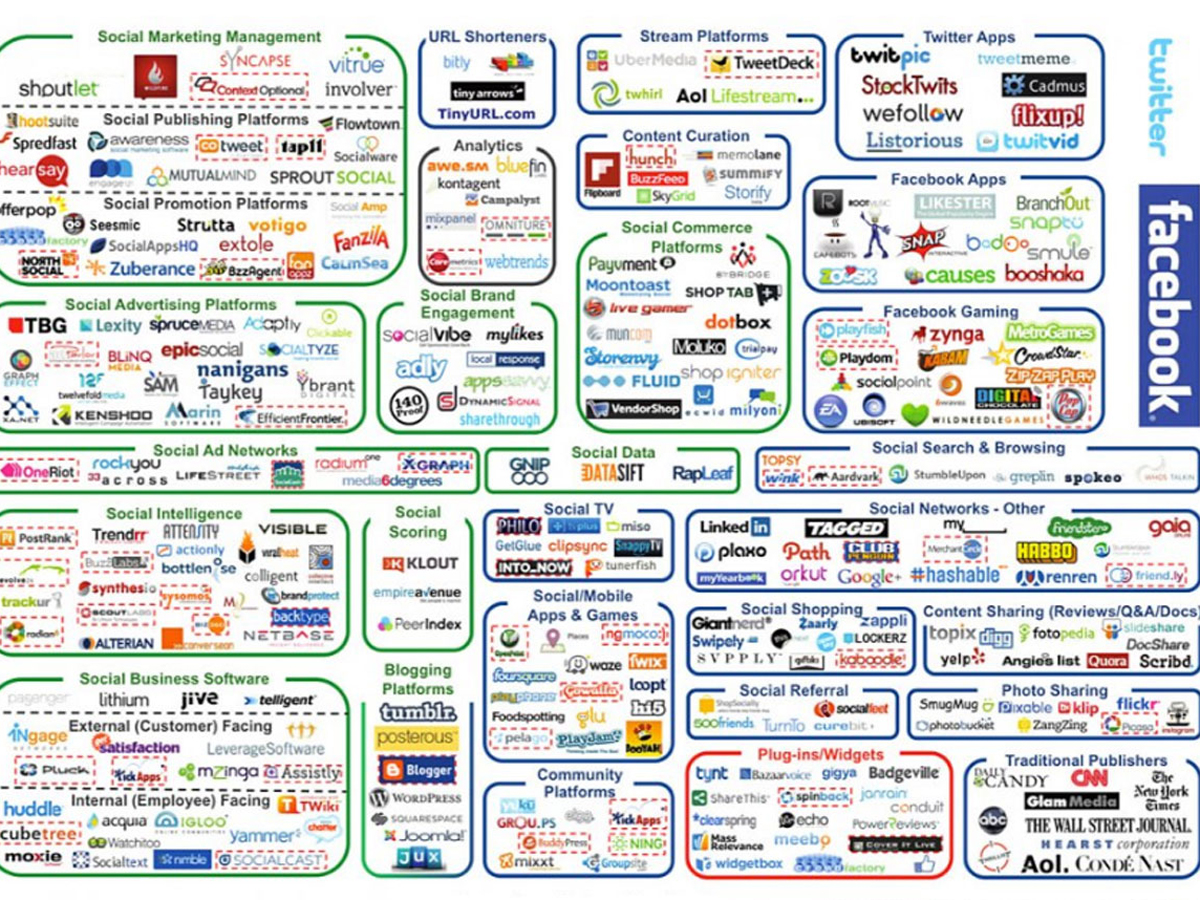It’s still not what you know, it’s who you know

Illustration by Ettie Webb Illustration
Jasmin reflects on her career so far and wonders if her class has made it harder to get into the industry she loves
I jiggled the metal lock until I was certain the door wouldn’t burst open and shuffled into the tiny office toilet. I studied my face in the mirror. My cheeks were streaked with tears, the skin under my eyes was splotched red, and there were some telltale damp patches on my blouse. I could see that no amount of dabbing my face with cold water would hide the fact I had been crying.
Minutes earlier, I’d been on the phone to a customer, talking them through something I’d explained countless times since starting my first full-time job. It was an admin role in the property industry, and up until this point it had been going quite well. I got to grips with the different systems quickly and had built up a rapport with the regulars. On this day, the office was busy with groups of people waiting to speak to someone and I was single-handedly manning the phone lines. Midway through my answer to this routine question, one of my managers stormed over. It was difficult to make out what they were saying while also trying to listen to the person on the phone, but through the noise of the office I heard, ‘Get off that phone. Now. You should not be answering that. You have no idea what you’re talking about.’
Through the noise of the office I heard, ‘Get off that phone. Now. You should not be answering that. You have no idea what you’re talking about.’
As my manager’s voice got louder, more people tuned into the commotion at my desk and the hubbub in the room got quieter. I was caught between two fundamental principles of being a good employee: did I continue listening to the person on the phone and let them finish speaking before ending the call, fulfilling my responsibility of delivering excellent customer service, or did I follow my increasingly irate manager’s instructions and hang up?
In the end I garbled half an explanation to the customer on the phone, before passing the call to a colleague. This seemed to appease my manager. My next task would be to help the customers waiting in the office, all of whom had witnessed my boss yelling at me – but instead, I found myself making a swift exit for the bathroom, praying I could stop the tears from rolling down my face until I had at least made it out of the door.
What had I done wrong? How had I managed to make my manager so angry? Was I being too sensitive? I hadn’t done anything to deserve that treatment, surely? My head was whirling. But maybe I was getting too confident. Maybe I’d needed to be taken down a peg. Maybe, without realising, I had unintentionally said something that would cause the business to come crashing down. I was totally humiliated, but the worst part was, I couldn’t leave. I still had to go back out to the office, knowing that everyone had seen what happened, and do my job for another four hours.
Maybe I was getting too confident. Maybe I’d needed to be taken down a peg.
As I left the office that night, I phoned my family. They were outraged about what had happened and told me to raise the situation with another manager. But their advice felt impossible. I didn’t feel like I could stand up for myself and confront anyone because I didn’t have a financial safety net to fall back on if the conversation didn’t go to plan. So I kept my mouth shut and acted as if nothing had happened.
This mistreatment became a pattern: in my next role, I unwittingly signed away my right to a lunch break and signed a contract that said I must shower daily while employed. I wasn’t in the habit of avoiding shampoo, but having my employer exercise so much control over my personal life seemed bizarre. In the same job, I was required to work hours of unpaid overtime, pushing my wage below the national minimum.
Everyone has a story about a bad day at work, so initially I felt my string of negative experiences were just bad luck. But when I started to reflect on my employment journey, I began to wonder whether it was more than that. When I was trying to get my first job, I’d attended a careers talk which suggested making a list of everyone you know and which industries they work in. The idea was that these people could give you advice and maybe work experience to help you kickstart your career. The intended result of the exercise was to reveal to people how many connections they had. My list had very slim pickings.
Everyone has a story about a bad day at work, so initially I felt my string of negative experiences were just bad luck. But when I started to reflect on my employment journey, I began to wonder whether it was more than that.
I grew up in a single-parent household and got free school meals at school. It made more sense for my mum to stay at home to look after my younger brothers than go to work and my extended family were either retired or self-employed, so there was no-one who could give me advice about what to wear to an interview, or how to write a cover letter, let alone how to negotiate a salary. It became clear to me that if I wanted to get a foot in the door I was going to have to open the door myself.
Like many new university graduates, I spent a lot of time trawling through job sites. I’d worked a series of random part-time jobs throughout my degree in order to support myself financially while I studied, which left me no time to complete more relevant work experience, and that didn’t change when I graduated. I still had to earn enough money to live. Excitement would bubble up in my chest every time I found an editorial internship at a magazine or publisher, only to dissipate completely when I discovered that it was unpaid. I went to a careers adviser to see if there was anything else I could be doing to secure roles I was interested in, but I was told I should be willing to work for free to get experience. It felt as if they thought that I was being greedy for looking for paid work, forgetting that I needed to cover my rent.
I was told I should be willing to work for free to get experience. It felt as if they thought that I was being greedy for looking for paid work, forgetting that I needed to cover my rent.
Trying to find a paid job I liked, where I was valued and treated fairly, felt like trying to climb up a wall with no footholds. At the time, I assumed everyone was going through the same struggle. It was only when I remembered an interview I’d had for a part-time job, when I was hired as soon as I mentioned the private school I’d been to for sixth form, that I realised the working world was not a level playing field. I’d attended the private school on a bursary, but my employer didn’t know that. The school I attended was enough for them to make an assumption about the type of person I was and the type of background I came from, and therefore was enough for them to hire me. It made me wonder how hard it would have been to get the job had I not gone to that school.
I realised that getting a job is not the only hurdle to overcome in the world of work, and experience is not the only thing an employer will judge you on. As the first person in my family to go to university, my initial concerns about work were centred on applications, interview prep and how not having any role models in highly paid professions might impact me. These worries were solidified by the recent TUC report which reveals that ‘graduates from wealthier backgrounds are more than twice as likely to be on a £30,000 starting salary than those from working class backgrounds.’
However, my experiences at work made me question whether it is only the application process that acts as a barrier to working-class people, or if there is a wider level of discrimination at play. If something as insignificant as the school I went to could influence whether I got a job or not, then surely my accent, clothes and lifestyle could impact my rate of progression, salary and responsibilities. I remember starting a new job and struggling to find common ground with my upper middle-class colleagues. We didn’t go to the same holiday destinations, wear the same fashion labels or eat at the same restaurants. We lived wildly different lives. Who’s to say that being able to form a close bond with a manager or colleague, based on sharing the same interests, wouldn’t lead to being favoured for certain opportunities?
My experiences at work made me question whether it is only the application process that acts as a barrier to working-class people, or if there is a wider level of discrimination at play.
There is more awareness about the barriers that working-class people may experience in their careers now. The TUC have called for the government to do more to even the playing field through measures such as making it compulsory for employers to report their class pay gaps, for example. But there is still a lot that needs to change. I have found it empowering to take matters into my own hands and do what I can to change the opportunities available to me.
Part of this has been establishing a form of self-employment which allows me to have power over my work and ensure I am only engaging with jobs that align with my values. I aspire to, one day, be able to provide employment opportunities for other people from similar backgrounds as my own and create a culture which doesn’t exploit or favour certain people over others.
I am also continually trying to educate myself on the world of work and my rights as an employee. From scouring LinkedIn for advice and stories like my own, to listening to podcasts by businesspeople, it is affirming to be reminded that I am not the only person to experience barriers at work. There is a path to achieve my goals, even if it may not be as well-trodden and clear.
My self-education will be a continual process throughout my career, as I experience new challenges and different environments, but I don’t think that it should be up to me to fit into a world that doesn’t see people like me in it.
My self-education will be a continual process throughout my career, as I experience new challenges and different environments, but I don’t think that it should be up to me to fit into a world that doesn’t see people like me in it. It shouldn’t be a working-class person’s responsibility to change to fit in with the traditional mould of a successful employee. Our society needs to change to accommodate and recognise all people’s worth, regardless of class. But for now, I will do what I can to overcome the barriers that suppress my ambition.

About Rife





